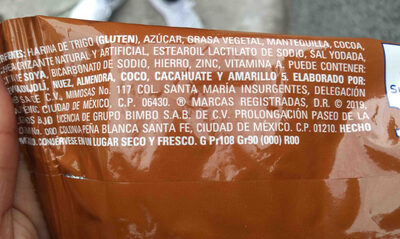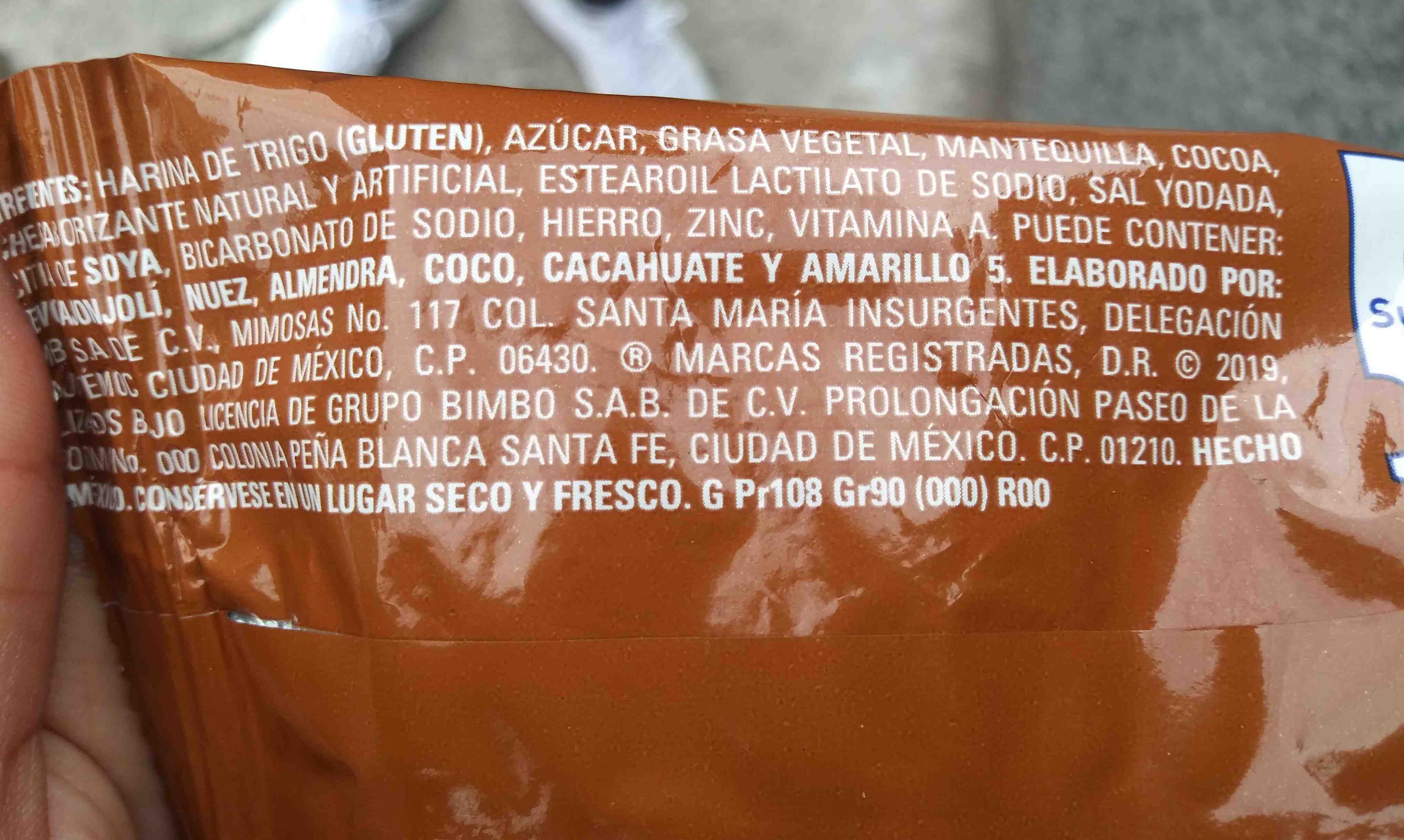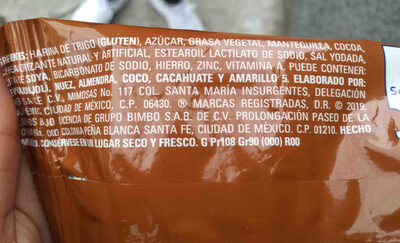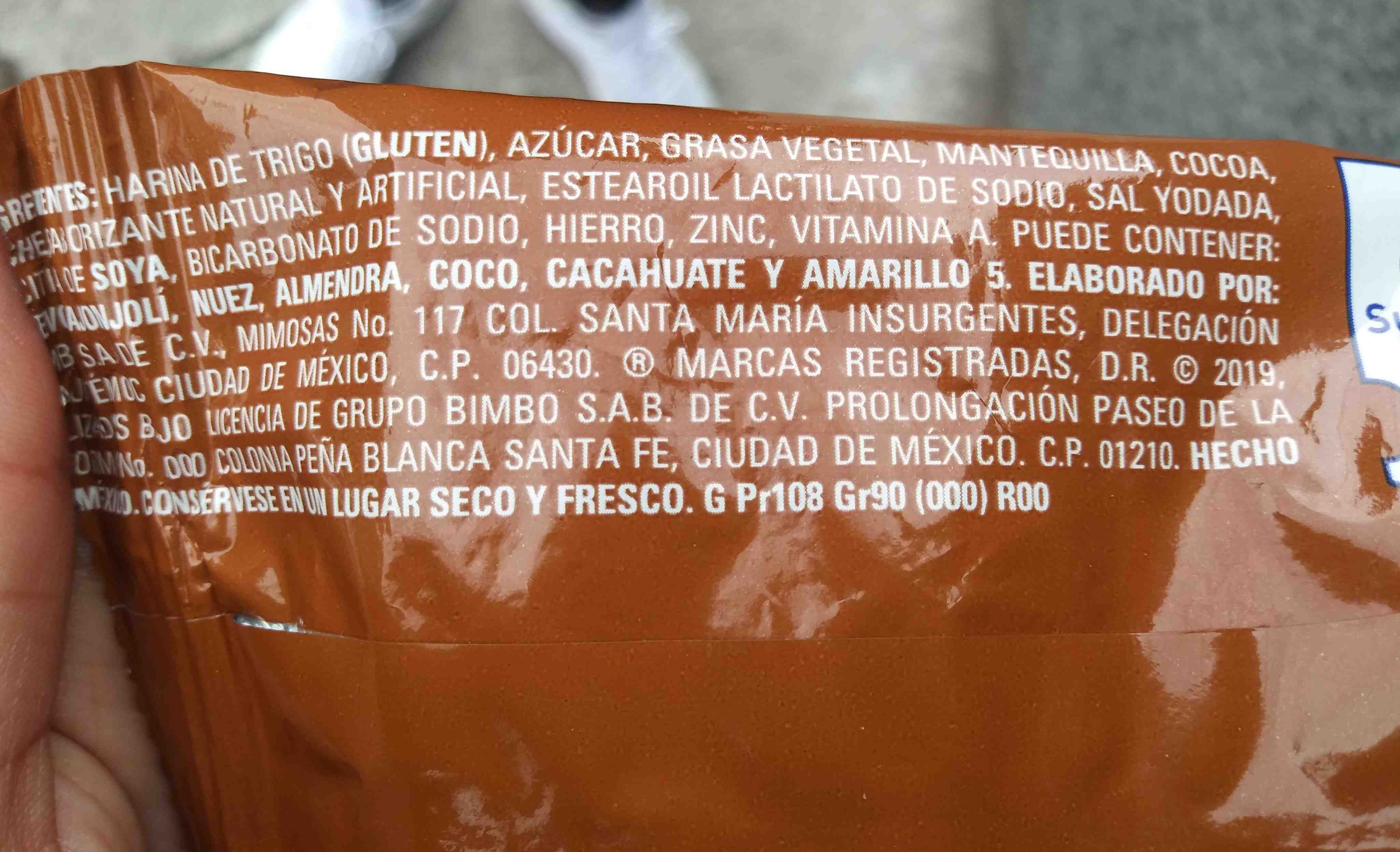polvorones capuchinopolvorones capuchino - Bimbo
This product page is not complete. You can help to complete it by editing it and adding more data from the photos we have, or by taking more photos using the app for Android or iPhone/iPad. Thank you!
×
Barcode: 19824260
Brands: Bimbo
Categories: Snacks, Sweet snacks, Confectioneries
Countries where sold: Mexico
Matching with your preferences
Environment
Packaging
Transportation
Report a problem
Data sources
Product added on by veganeamos
Last edit of product page on by ana-v-mancera.
Product page also edited by openfoodfacts-contributors.
If the data is incomplete or incorrect, you can complete or correct it by editing this page.






